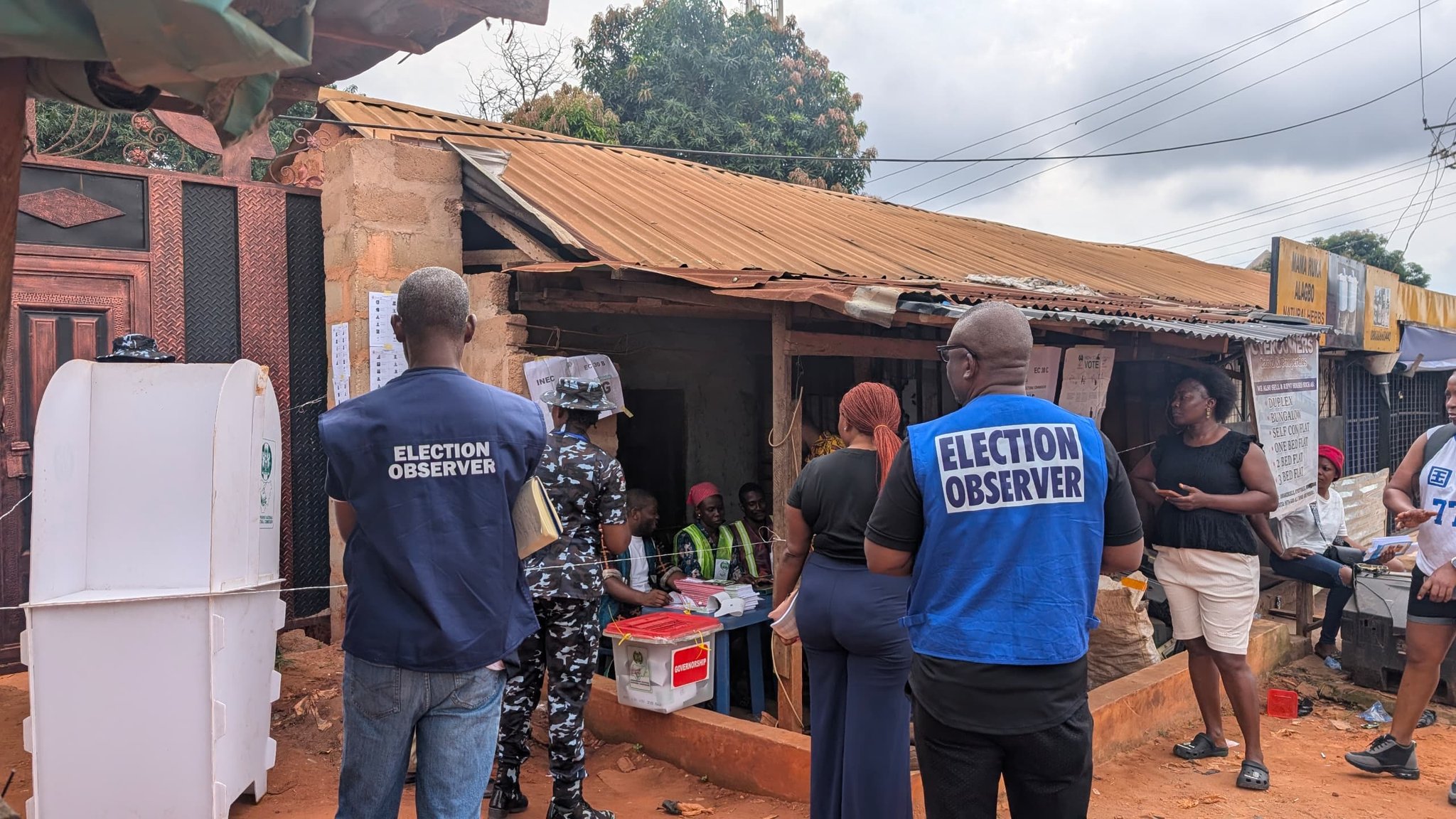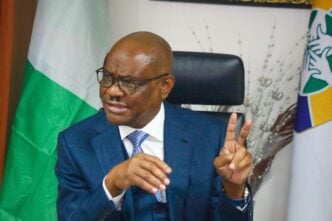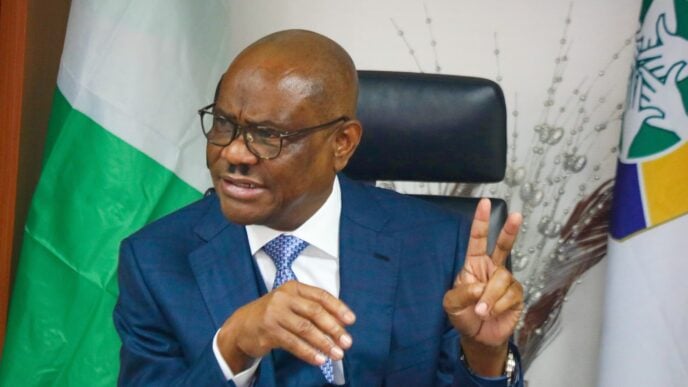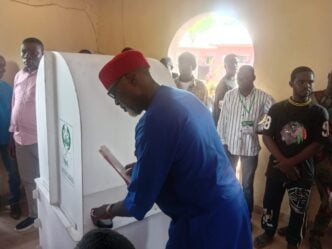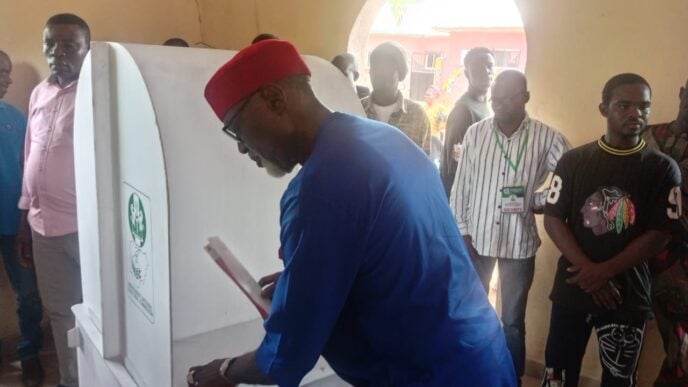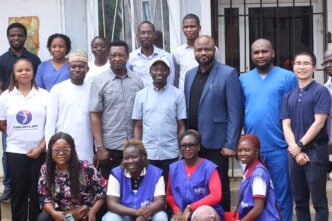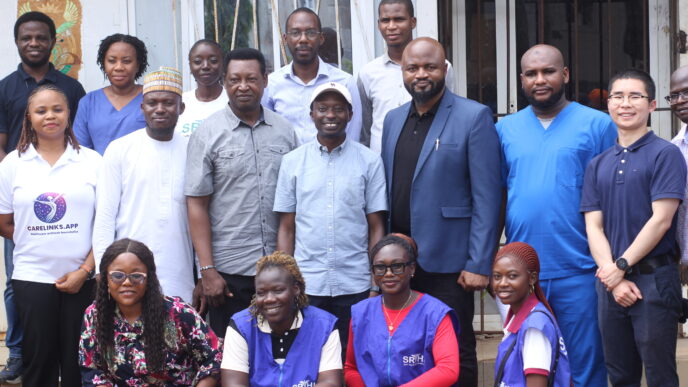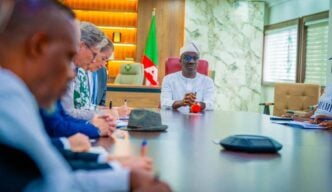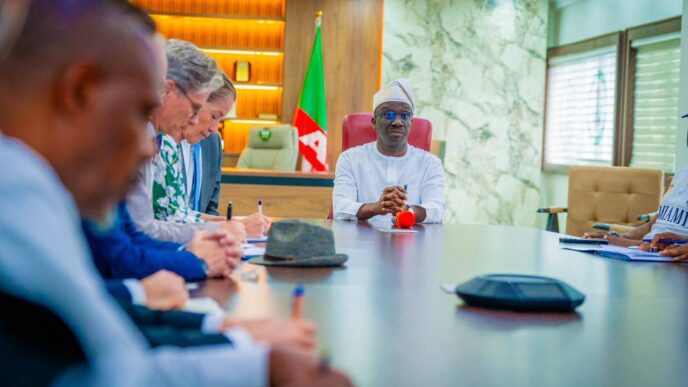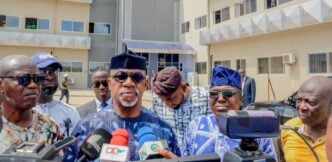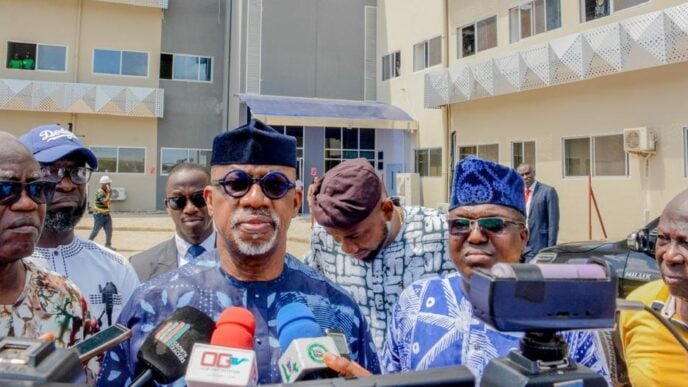The Centre for Democracy and Development (CDD-West Africa) says Nigeria’s democratic survival depends not just on voting but on the strength of the institutions and the governance practices that surround it.
During a post-election briefing on the Anambra governorship poll, CDD said the Independent National Electoral Commission (INEC) made significant progress.
CDD also noted issues that “have a direct bearing” on subsequent polls and governance, such as performance of electoral institutions, security, vote trading and electoral offences, voter participation, and information disorder.
“With INEC’s claim of 98.8 percent PVC collection rate, a 99.62 percent result upload on the IREV and a generally peaceful election environment, INEC made significant progress,” CDD said.
Advertisement
“These successes are commendable. However, 5.4 percent of polling units experienced notable delays, with INEC officials arriving late.
“CDD observed that political parties did not do enough to mobilise voters across the state. The campaign period was marked by low visibility and an absence of issue-based campaigns, which contributed significantly to the lack of competitiveness observed during the election, as noted in our previous reports.”
On security, CDD said with over 45,000 security personnel deployed for the election, security personnel were present at 87.3 percent of polling units observed by CDD-EAC, while 12.7 percent recorded no security presence.
Advertisement
“The massive deployment of security personnel ensured that the election was largely peaceful,” CDD said.
The centre noted that vote buying was widespread and openly practised in several LGAs in the full glare of security personnel and “party agents offered cash or used digital transfer methods to influence voters”.
“This is becoming a persistent feature of Nigeria’s elections. For political actors, vote buying remains the most predictable strategy in the absence of issue-based campaigning and the delivery of good governance,” CDD said.
CDD also noted that despite high registration numbers, the voter turnout at the election was only 21.4 percent.
Advertisement
“This figure is an improvement from the 10.2 percent recorded in the 2021 election. It still reflects a troubling disengagement from the democratic process, underscoring the need for renewed efforts in civic education, electoral reform, and meaningful governance that inspire trust and participation,” the centre said.
“A significant proportion of the young population stayed away, despite earlier enthusiasm during the continuous voter registration process.
“Women and persons with disabilities also faced multiple barriers, such as difficulty in accessing the polling booths and the absence of voting aid materials.”
INFORMATION DISORDER
Advertisement
CDD said it tracked over 200 claims related to the Anambra governorship election.
“Analysis revealed that 54 percent of these claims were false, 27 percent were true, while 10 percent were misleading,” the centre said.
Advertisement
“The remaining claims fell into other categories requiring context or clarification.
“Political party candidates, INEC, and security personnel were among the targets of disinformation in the election.
Advertisement
“Disinformation actors weaponised insecurity and deployed hate speech and artificial intelligence to distort facts about the election process and manipulate public perception.”
CDD noted that the 2025 Anambra election reveals that Nigeria’s electoral challenges are deeply linked to wider governance failures.
Advertisement
It said weak institutions, elite dominance, economic hardship, insecurity, and lack of accountability continue to shape voter behaviour and electoral outcomes.
“CDD recommends that the ongoing electoral reforms must target improving INEC’s operational capacity through timely funding, decentralised planning, and consistent communication,” the centre said.
“Such operational issues include logistics, mandatory real-time result publication via IReV, early voting for essential personnel and adequate personnel training.
“Political parties should prioritise voter education and conduct issue-based campaigns. They must be compelled to uphold internal democracy and adhere to transparent campaign financing.
“Elections cannot be treated as temporary security events. The government at all levels must develop a more sustainable security architecture that addresses root causes and provides year-round safety for residents.
“Only then can we safeguard electoral processes without relying on massive deployments that strain national resources and offer no long-term protection.
“Conscious steps must be taken to discourage vote trading through deliberate efforts to deliver good governance while promoting civic education across all strata of society to discourage transactional politics.
“Ongoing reforms of the electoral act must take into consideration the need to arrest and prosecute electoral offenders.
“Stakeholders, including media, security agencies and civil society organisations, must collaborate to identify and debunk disinformation during elections. INEC should enhance its public communication strategies to provide timely information that counters false narratives before they gain traction.
“INEC must promote inclusion through collaboration with relevant organisations on training personnel and the provision of voting aid materials for marginalised groups.
“As the country prepares for the 2026 off-cycle elections and the 2027 general elections, these reforms must be prioritised. Nigeria’s democratic survival depends not just on voting but on the strength of the institutions and the governance practices that surround it.”
